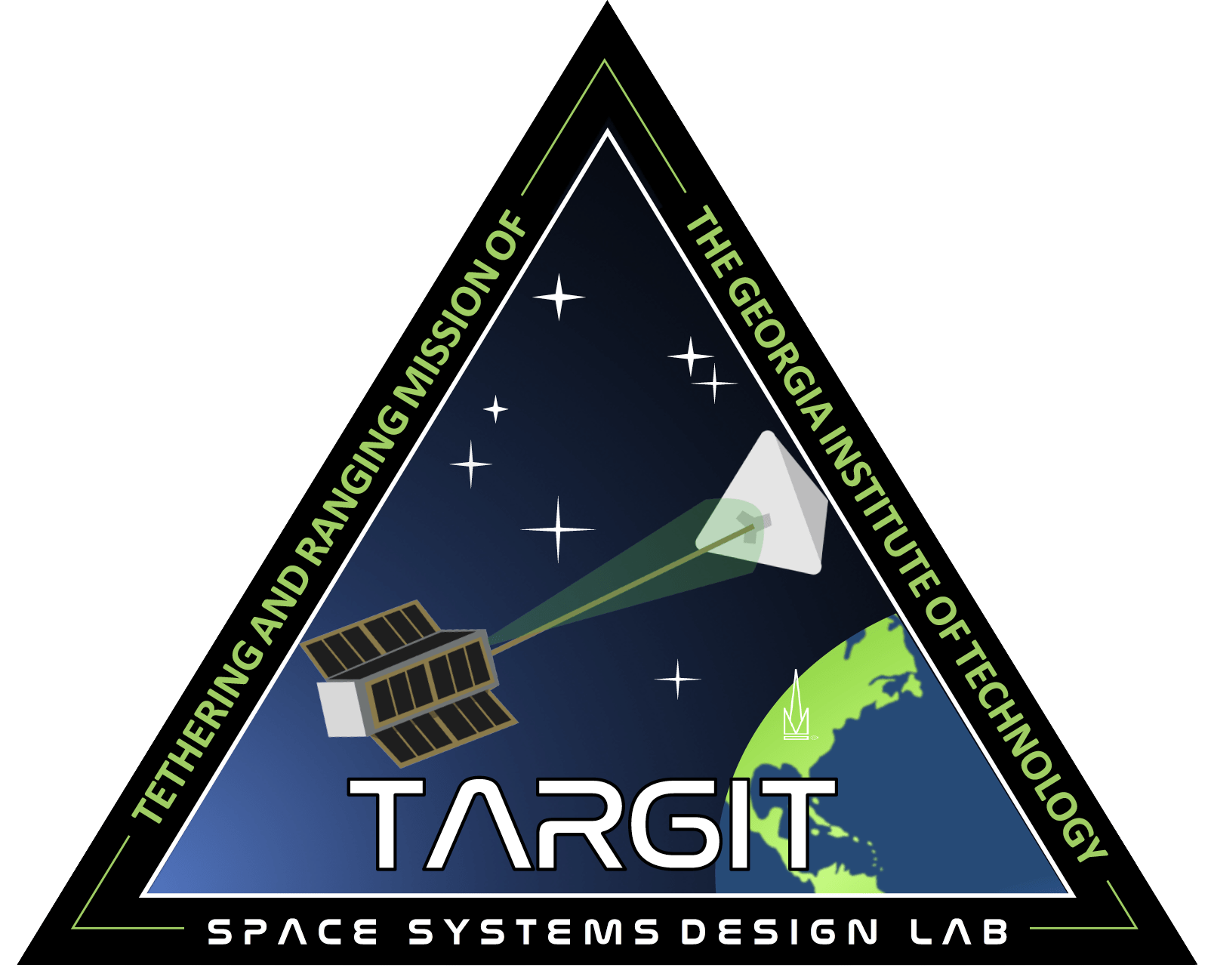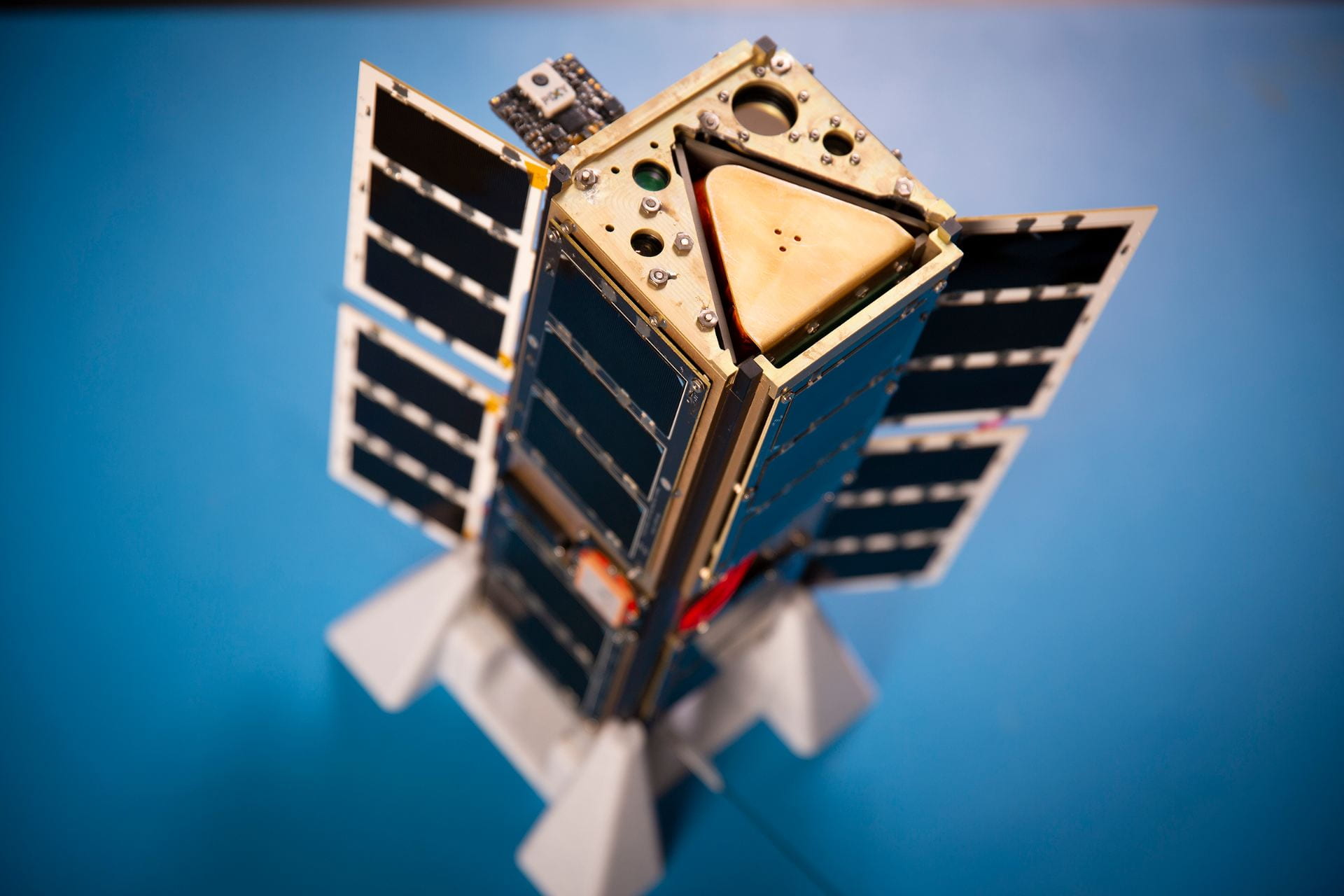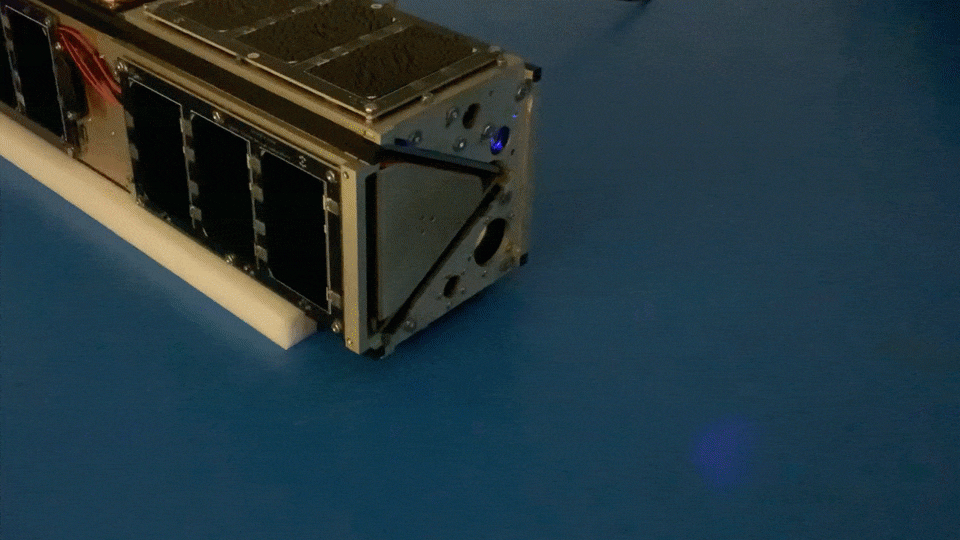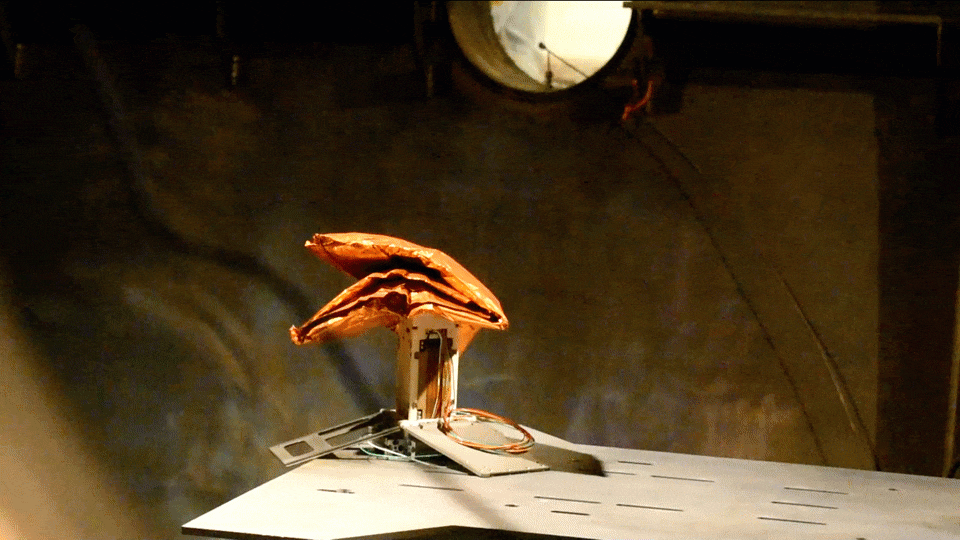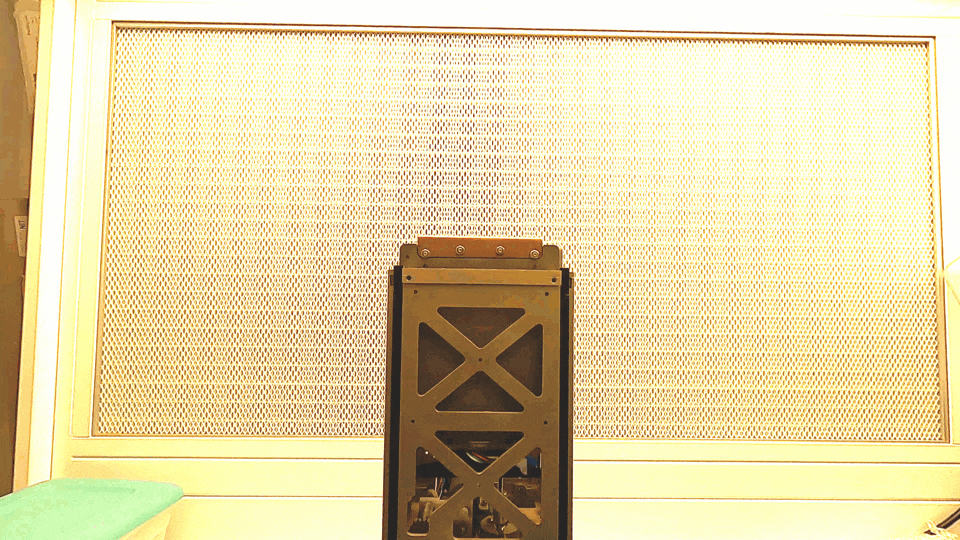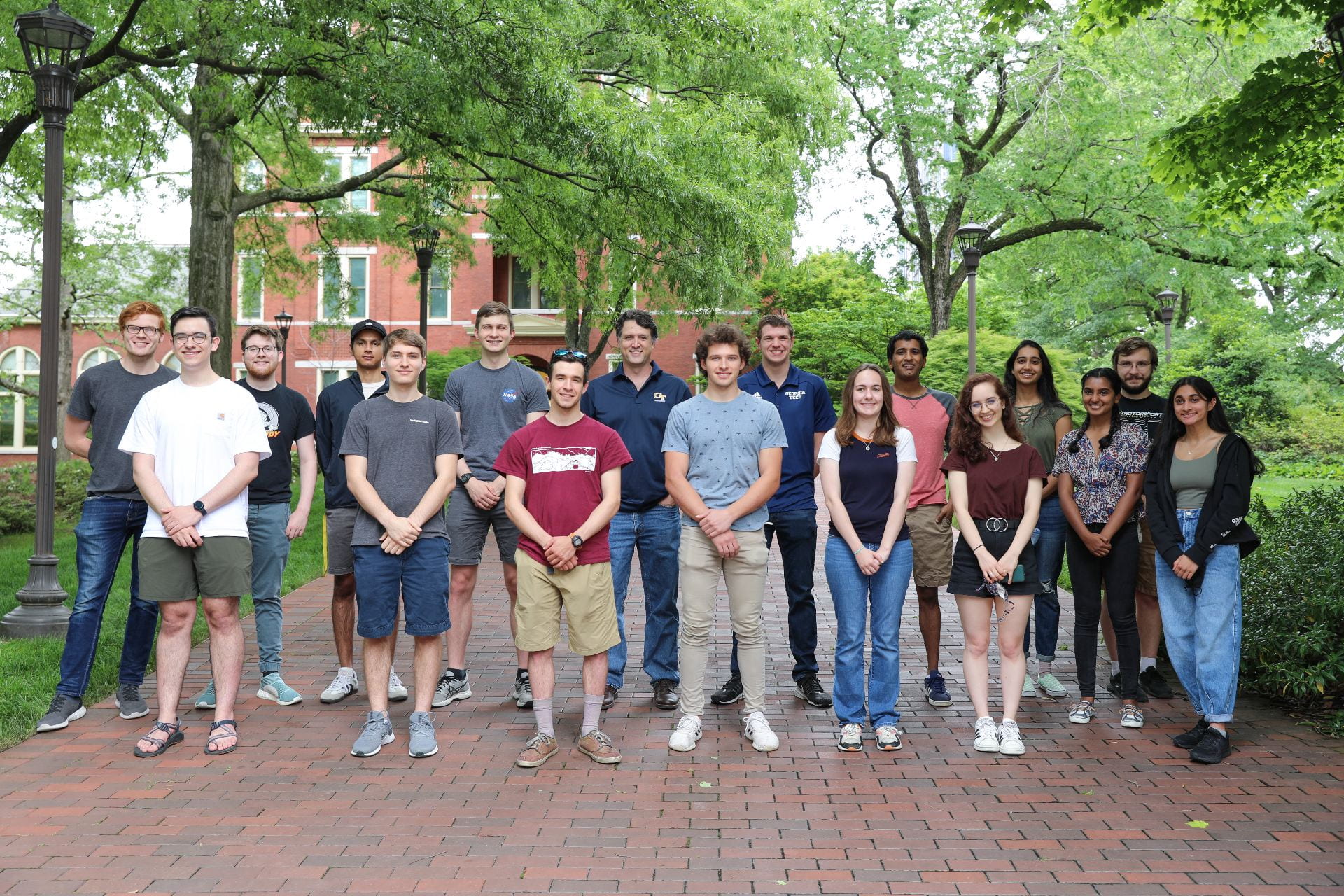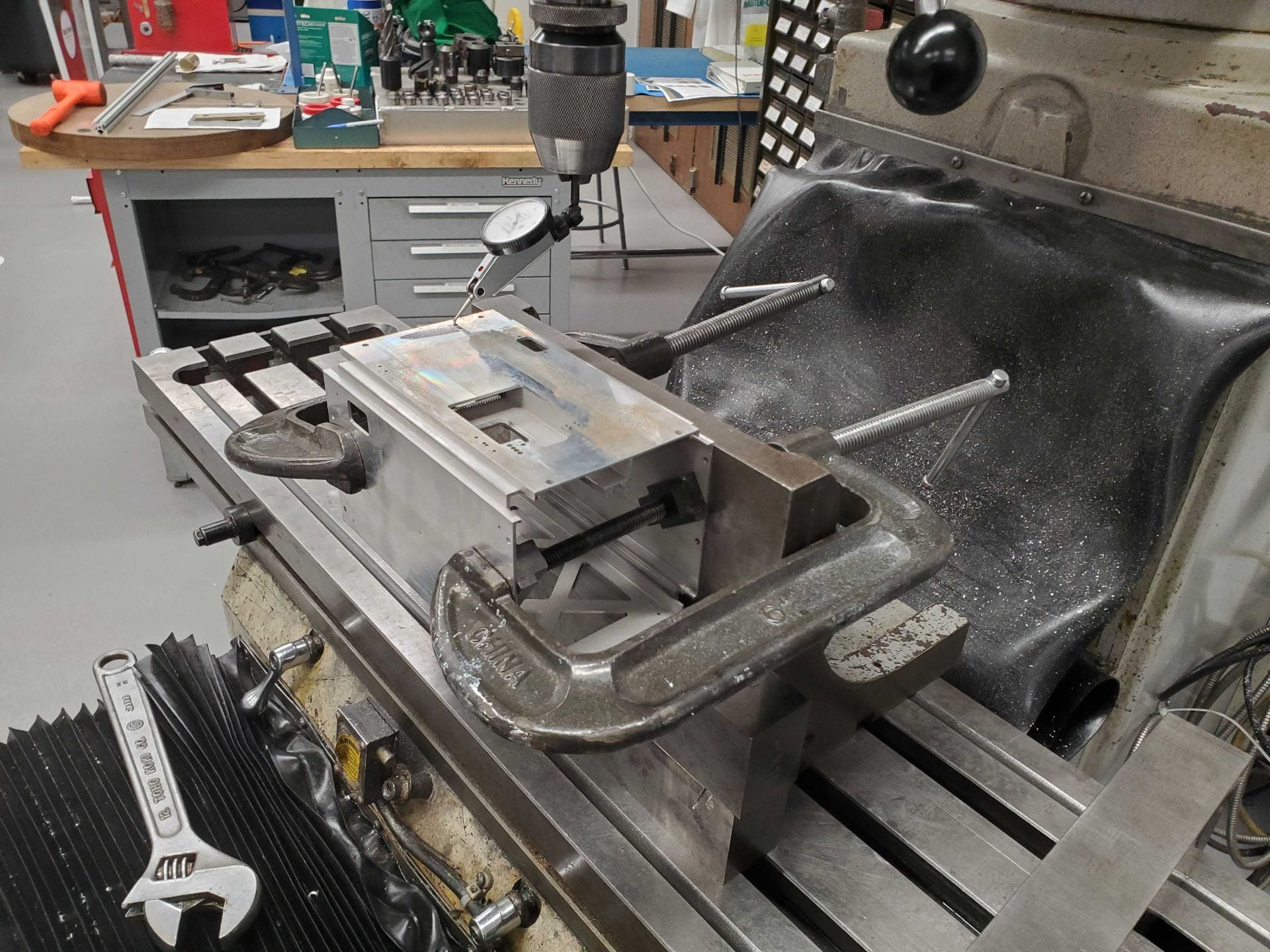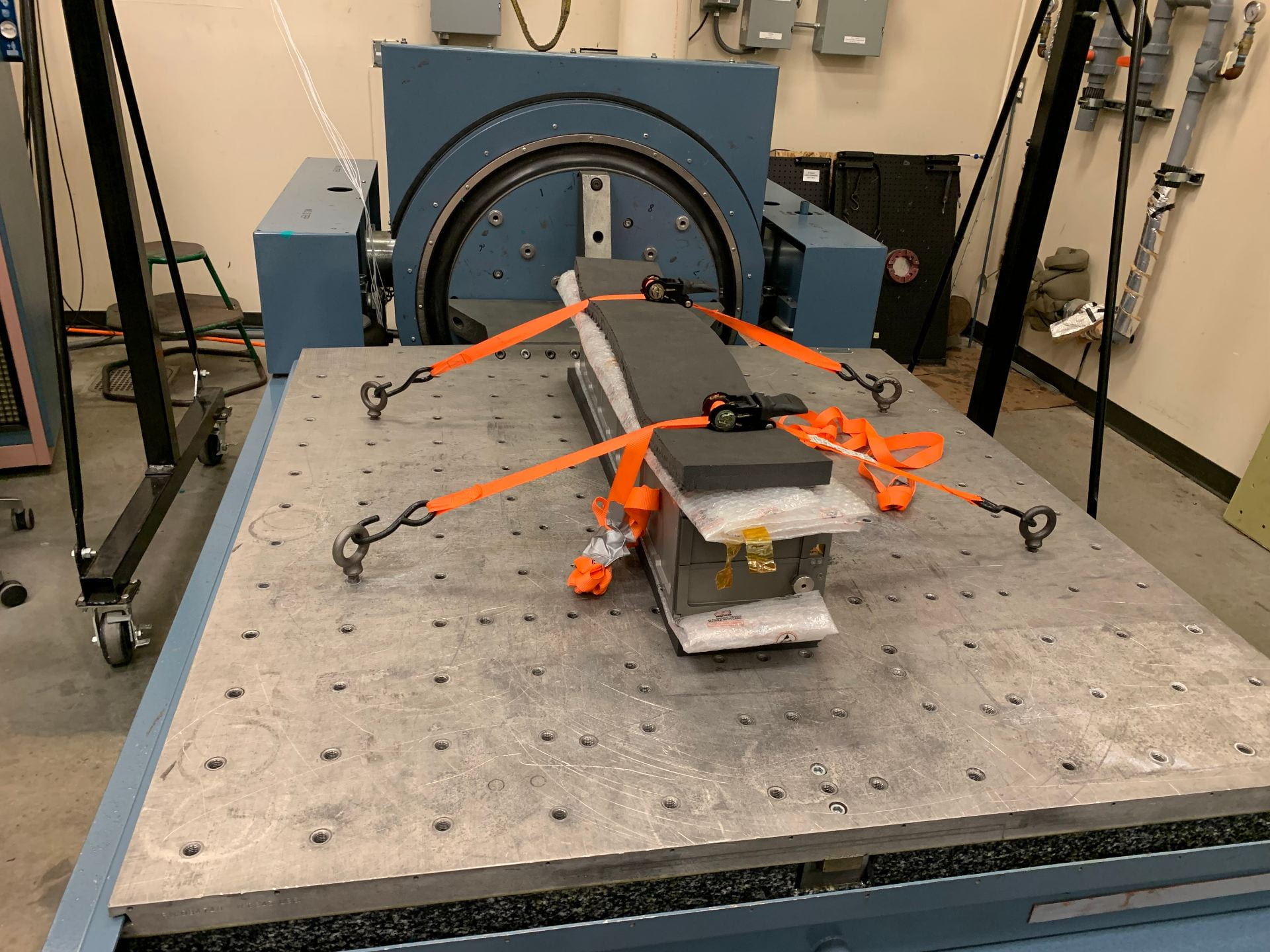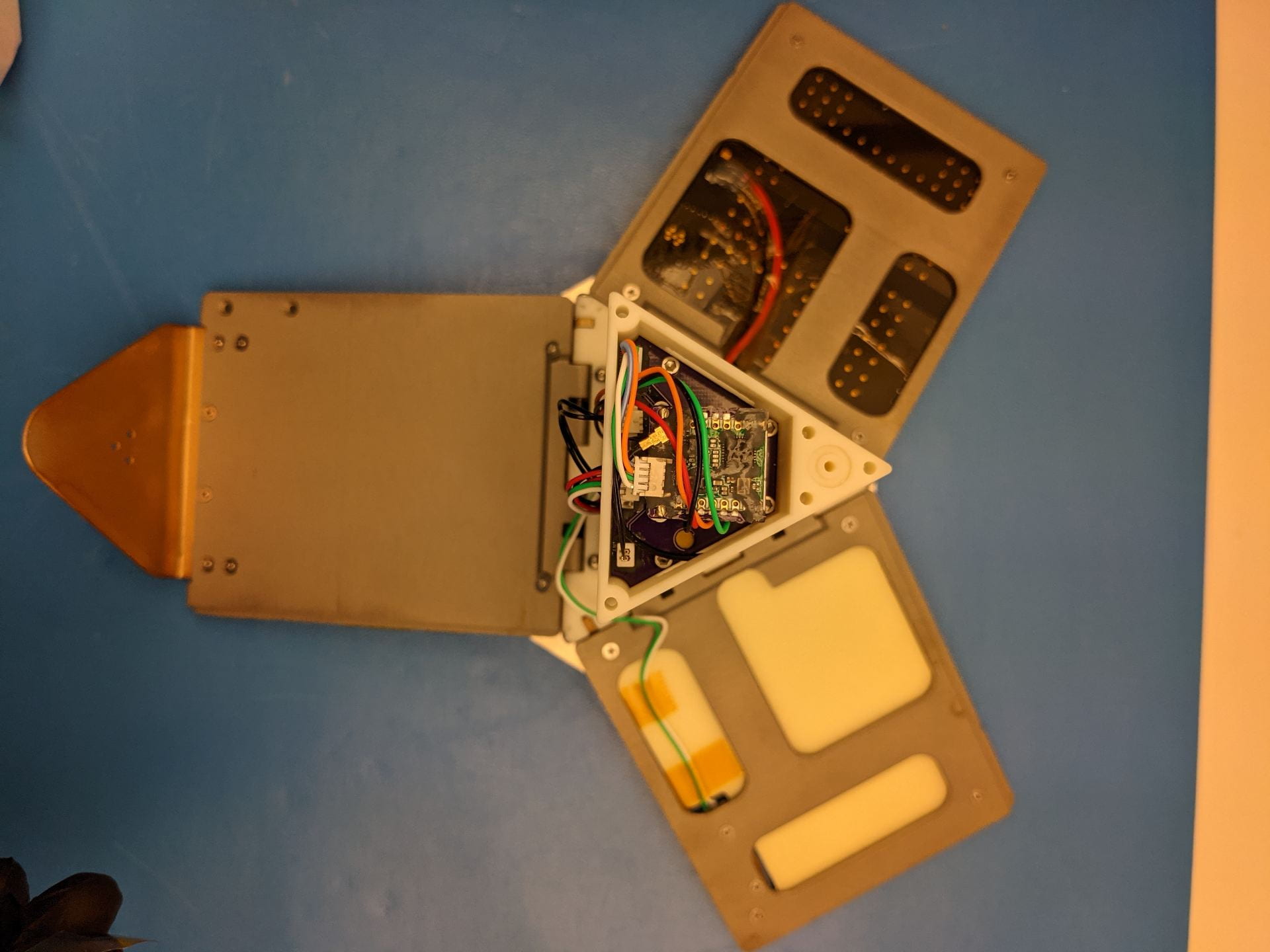The Tethering and Ranging mission of the Georgia Institute of Technology (TARGIT) is a 3U CubeSat mission supported through NASA’s Undergraduate Student Instrument Program (USIP), and selected for a launch opportunity as part of the 8th class of the CubeSat Launch Initiative (CSLI). While the primary goal of the project is focused on providing university students with hands-on education in space systems and applications, the investigation also seeks to develop and test on-orbit an imaging LiDAR system capable of cm-level topographic mapping. The mission will accomplish this by tethering an inflatable target of known shape and reflectance that will serve to verify the performance of the imaging LiDAR and its supporting subsystems. The target is tracked with an optical imager that provides input to the attitude control system. Additionally, the mission will demonstrate a series of experimental spacecraft technologies, to include active tether and inflation systems, 3D-printed components, horizon sensors using low-resolution thermal imagers, and nanocarbon-based solar cells.
Now in main content

